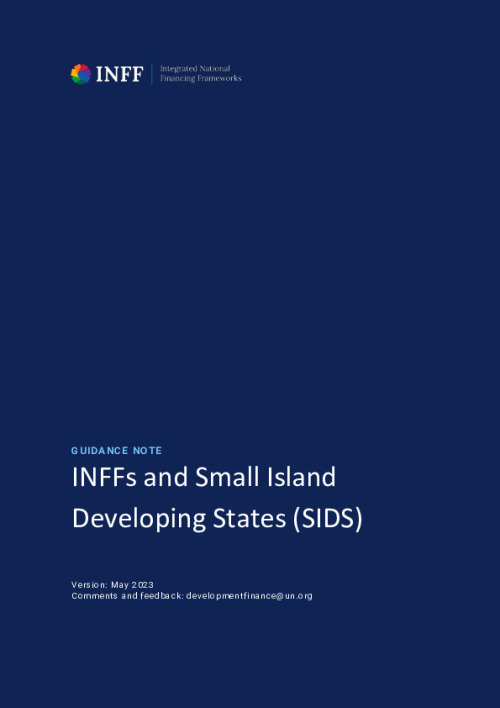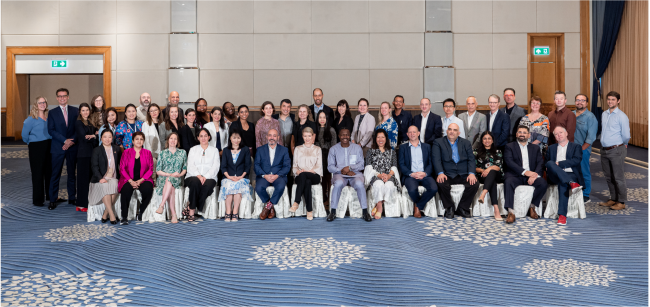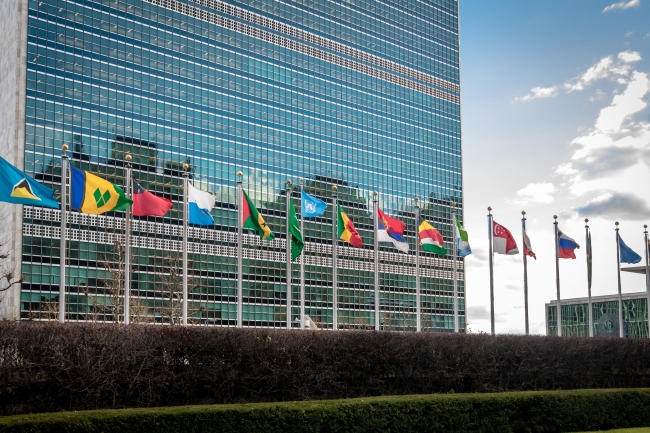INFFs and Small Island Developing States (SIDS)

INFFs and Small Island Developing States (SIDS)
15 May, 2023
Small island developing States (SIDS) are a diverse group of countries and territories, ranging from high income countries (e.g., Antigua & Barbuda, Bahamas, Barbados) to least developed countries (e.g., Kiribati, Sao Tome & Principe, Timor-Leste). At the same time, they share inherent vulnerabilities – small size, remoteness, narrow resource base and susceptibility to climate change and natural hazards. These characteristics of SIDs pose special financing for development challenges, including limited domestic resource mobilization opportunities, small domestic capital markets, need for concessional finance, limited domestic resources and lack of access to affordable financing to invest in risk reduction, resilience, and adaptation, high trade dependence and debt sustainability issues which are exacerbated by disasters. Traditional measures of development cooperation do not sufficiently capture SIDSs’ peculiarities and vulnerabilities and tend to narrow the scope of action. An integrated national financing framework (INFF) can help SIDS navigate these challenges.
An INFF helps countries achieve their national sustainable development objectives and the 2030
Agenda by mobilizing all types of finance (domestic, international, public and private) and by
considering economic, social and environmental implications . The purpose of this note is
to provide guidance on the application of INFFs in SIDS.
About INFF technical guidance documents
In response to the considerable and growing interest from countries to receive further guidance and support to design the INFFs, additional technical guidance documents, built on existing global guidance, are now published to provide practical support to INFF country-level implementation.
The technical guidance documents are tailored to specific country contexts, SDG sectors, and financing policy areas, all benefiting from initial insights and country experiences. The documents are intended to assist policymakers in the identification of sectoral and country group challenges, and policymaking that finance the national sustainable development objectives and the Sustainable Development Goals (SDGs) through the INFFs.
The technical guidance documents strengthen the feedback loop between country-level implementation on the one hand, and global guidance work and technical assistance and capacity development efforts on the other. The documents will continue to be living documents, and will be updated as country experience, insight, and learning about the application of the INFF approach to the challenges of financing the SDGs at the country level keeps progressing.







